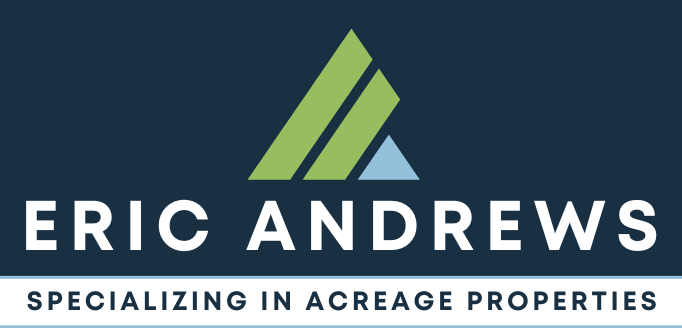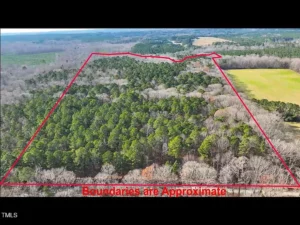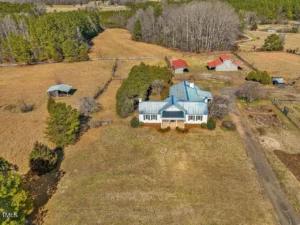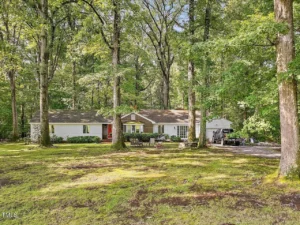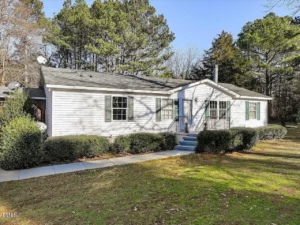Accredited Land Consultant (ALC) Eric Andrews discusses landlocked land in Chatham County and North Carolina. There are several videos on this topic on this channel. This video is about deeded access, what it is, and how to obtain it.
Speaker 1: Can you sell landlocked land and what is it worth?
Speaker 2: You can sell landlocked land, but I think, well, first of all, I think people have trouble with the definition of what landlocked land is, but-
Speaker 1: It’s truly landlocked?
Speaker 2: It is truly landlocked. In North Carolina, you are not allowed to be alienated from your timber. So if it’s truly landlocked and there’s no road going into the property, and there’s no easement, and there’s no public road from it, it is truly a landlock piece of land, North Carolina says you must be able to access the property to timber it. Because timber is considered such a vital part of North Carolina’s economy and the defense of our country, if we ever need the wood that you can’t ever be alienated from your ability to harvest that land.
So what happens is, you get a timber company and they get a temporary easement. Well, that is an easement just to go in and out and get the timber. It is not a permanent access.
Speaker 1: So that land would be fairly worthless?
Speaker 2: It’s pretty close to worthless. I mean, once it’s been cut over and could be reseeded, replanted, 20 to 40 years from now it’s going to be worth something, but it’s worth very, very little if it has no timber on it.
Speaker 1: But a lot of the people that think they have landlocked property don’t actually have.
Speaker 2: No, they don’t. So, that’s a common misconception by the general public. They think that land that doesn’t have access to a paved public road is landlocked. There are many, many different ways to access the property. You can have a nice paved private road, you can have a nice gravel private road, you can have a 60 foot easement, a 30 foot easement. You can come up with whatever width you want as far as the feet, width. In North Carolina, you want to have a 60 foot easement if you wish to have developmental rights for the property. So, if you have less than a 60 foot easement, you’re not going to be able to cut up your property into really small lots.
Speaker 1: Now, what if you’ve just been driving across Bob’s property-
Speaker 2: For years and years and years and years.
So restrictive easements are a lot different. So we have properties in Chatham County all over the place where, you know, granddaddy shook his hand and he said, this is good, and da, da, da, da. And we have roads that have 15 people that are using the road, and there’s no map, no recording, no easement on record. There’s no deed, there’s nothing that says you’re allowed to use this road. However, if you have been using it forever and ever, it’s very, very unlikely that anyone could strip use of that road from you.
Also what’s really, really complicated is, but you still don’t have deeded access, and so title insurance companies and lenders, mortgage people, are not going to give you a loan to build a house on that property, because they don’t understand that that’s not traditional access. They love the cookie cutter subdivision, they love public state roads and everything. They don’t understand country life and how these country roads have evolved. And so they want you to straighten it out, which means you got to knock on all 15 doors and say, Hey, my lawyer has this document and I need you to sign. And that just, I’m 0 for 12. I’ve tried it a dozen times and I never get everyone to sign on.
One of the things you can do is go to court and you can sue for access. And that’s just such a horrible word in the South. So when I say to a prospective land seller, you definitely have established access but you have to go to court and sue for it, they’re like, I’m not suing, I’m not suing. I’m not going to sue my neighbors, everybody’s going to be mad at me, da, da, da. It’s just a horrible use of the word. But suing means it is a court action agreement. It’s a judicial answer, response, where it’s recorded for now on that says you have good viable access. And then that would be an established easement without everybody signing off and agreeing to it.
There’s so many different levels of access. But the main thing that I want to make clear to people listening is just because you don’t have public road access, doesn’t mean that you’re landlocked. There are many, many different kinds of access. But also, just because you have a road going to your property doesn’t mean that you have deeded access either.
Speaker 1: So you’ve sold property that doesn’t have direct road footage for-
Speaker 2: Many, many, many times. There’s more acres in Chatham County that don’t have public road fronters than do have public road fronters. So it’s very common. Yeah. And it’s fine if it’s a good easement, but of course it’s best for an attorney to do a title search and find out what your access is. Last year we just had a large track of land just south of Pittsburgh, and those clients did not have a road going all the way to their property, but they had a road going near their property. And again, we’re talking about a dozen people on the road, and the sellers thought that was land locked. We hired a local attorney to do a title search. That attorney discovered that it’s a cart way access. It’s in the chain of title, there is access to the property, deeded, but it’s cart way.
Cart way means this is where the road used to be, there’s no prescribed widths to it, but the property’s not landlocked. The bad thing is, no one used this easement for 20, 40 years, and so now trees have grown up where the cart way is. So I have a deeded road, but I don’t have a actual road, road where you can get to the property. Every agent that calls and says, what’s a cart way path ease? They have no idea what it means. I always spend 20 minutes, a half hour, explaining it to them. And then the neighbors call and complain that people are parking in their driveway. It’s just a mess. It’s not ideal. The ideal thing, what you want, is a deeded, surveyed, 60 foot easement with a road maintenance agreement. If you have all those things, no one would say that you’re landlocked. There’s no way you can argue that you’re land locked.
